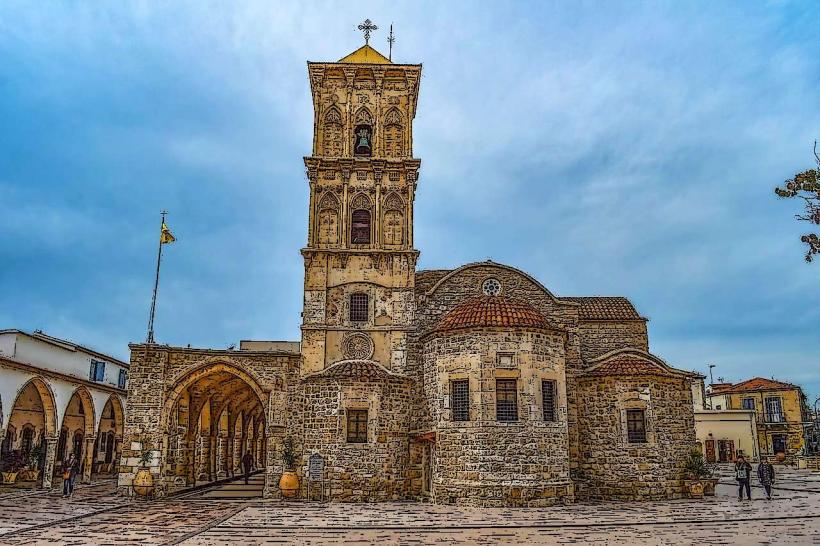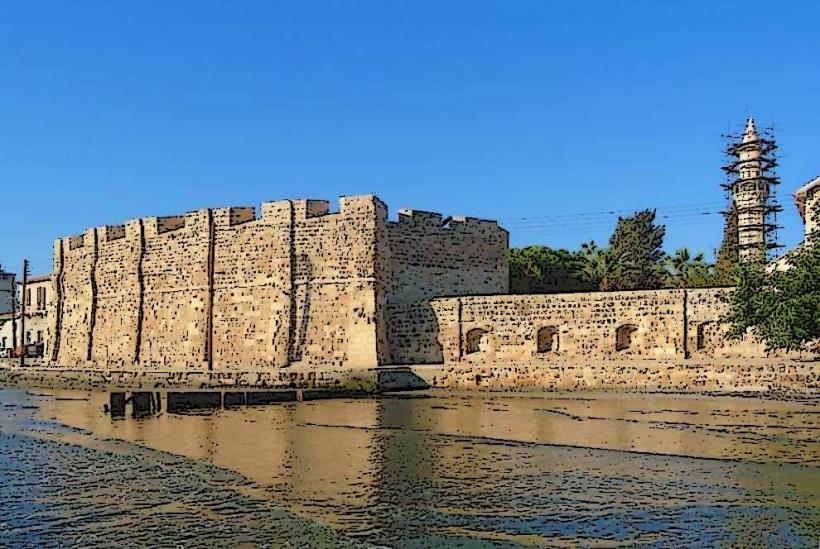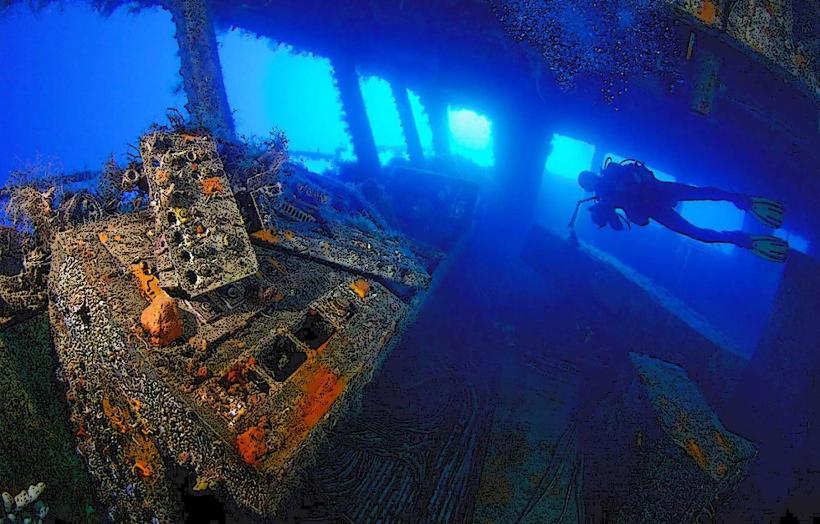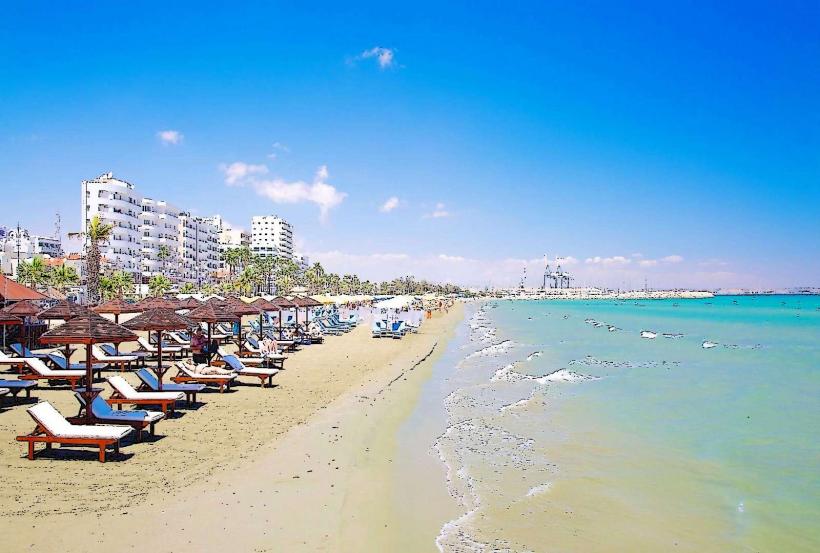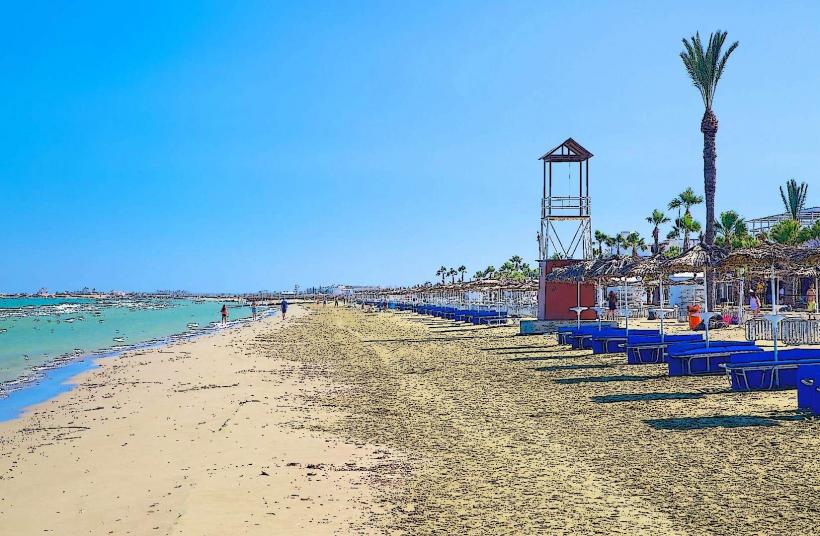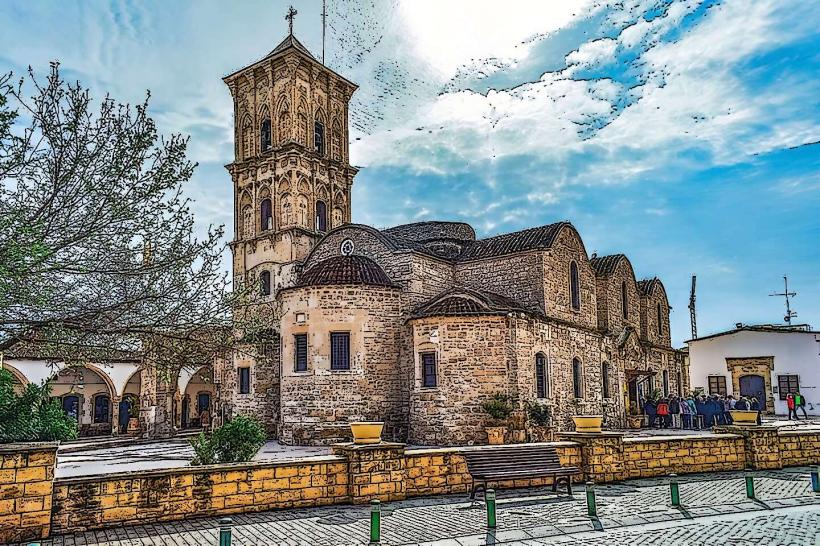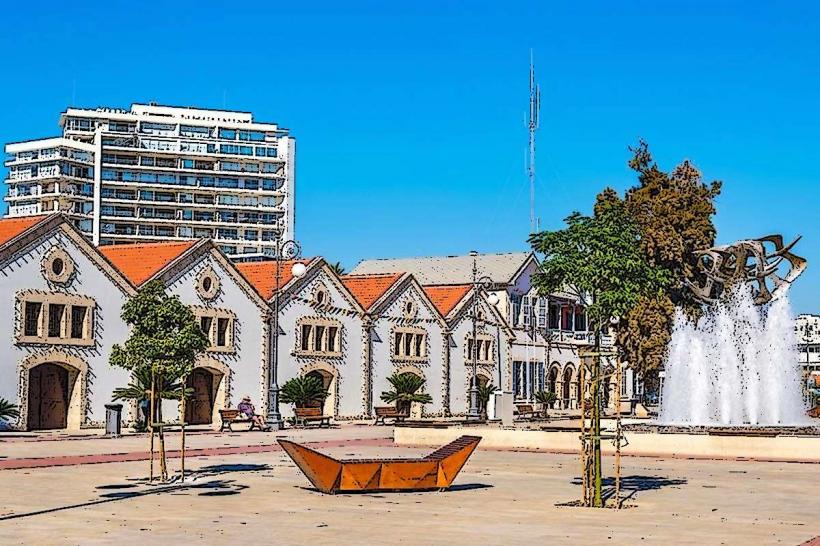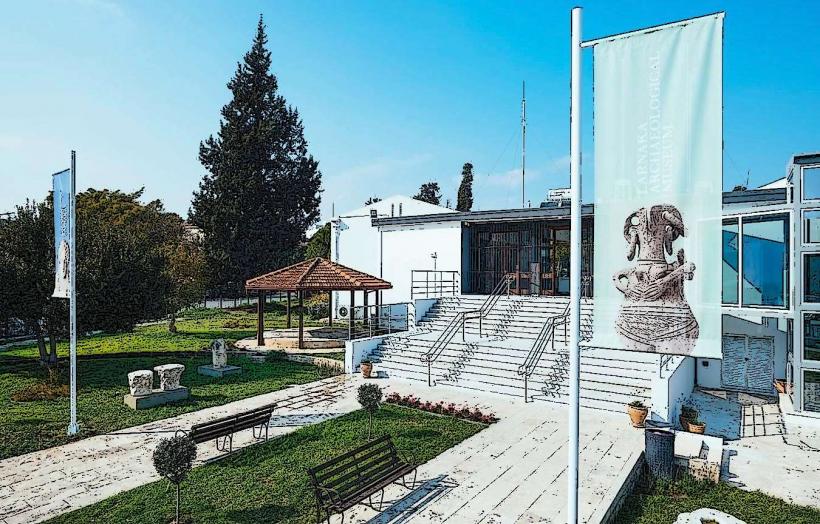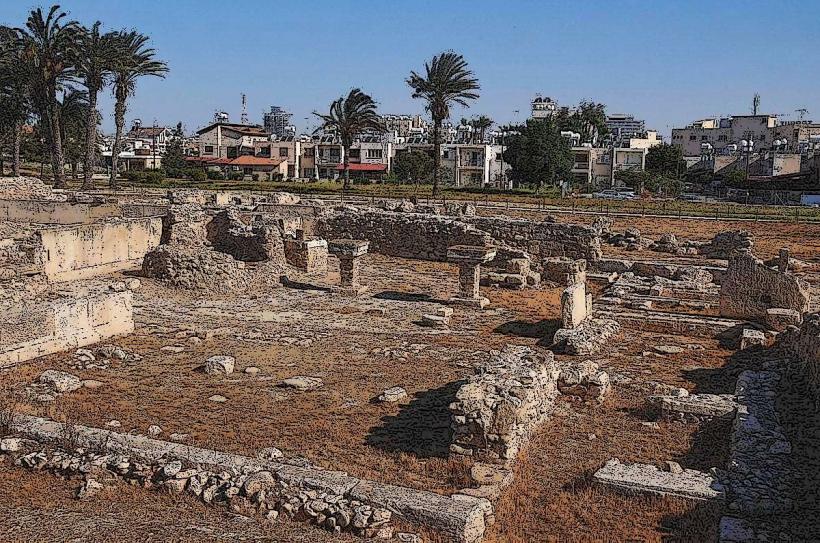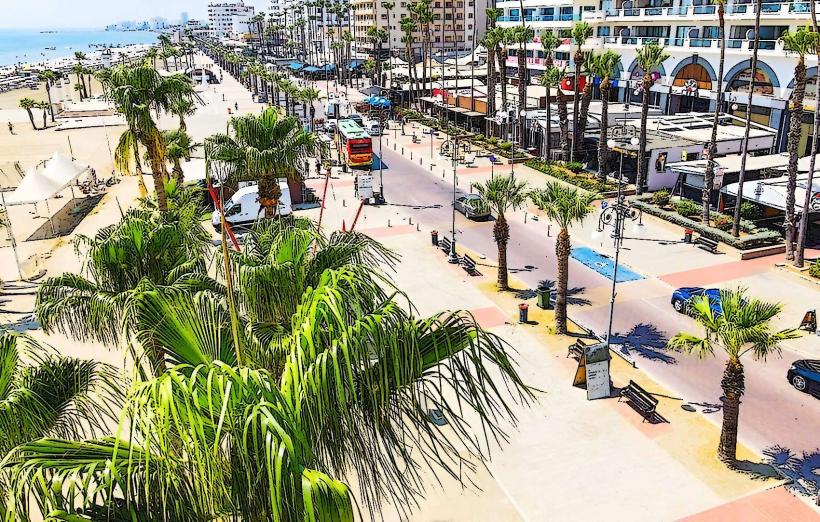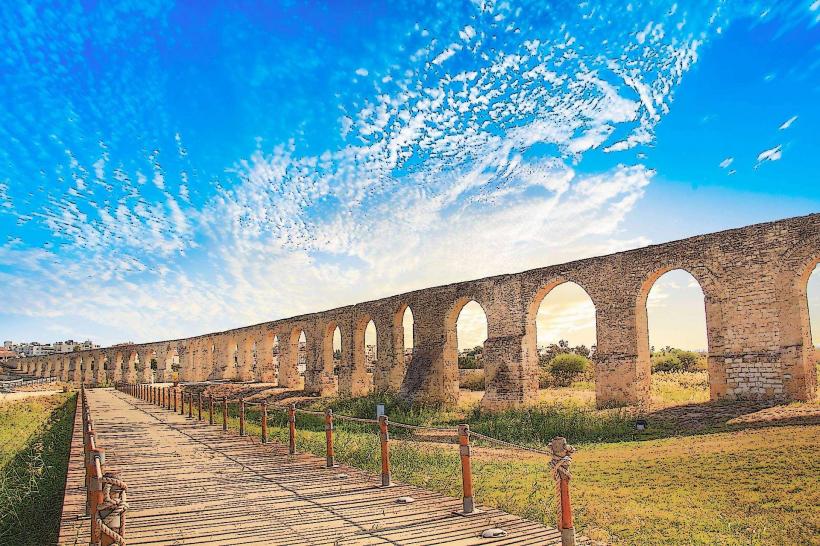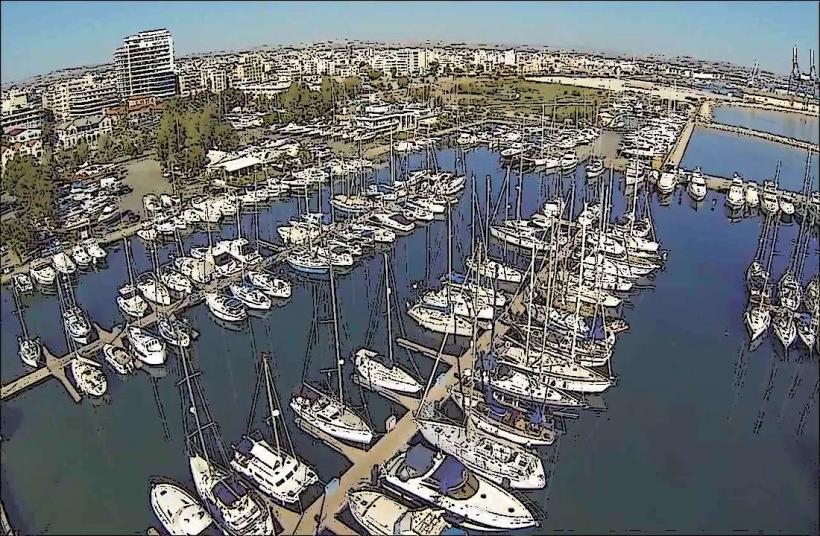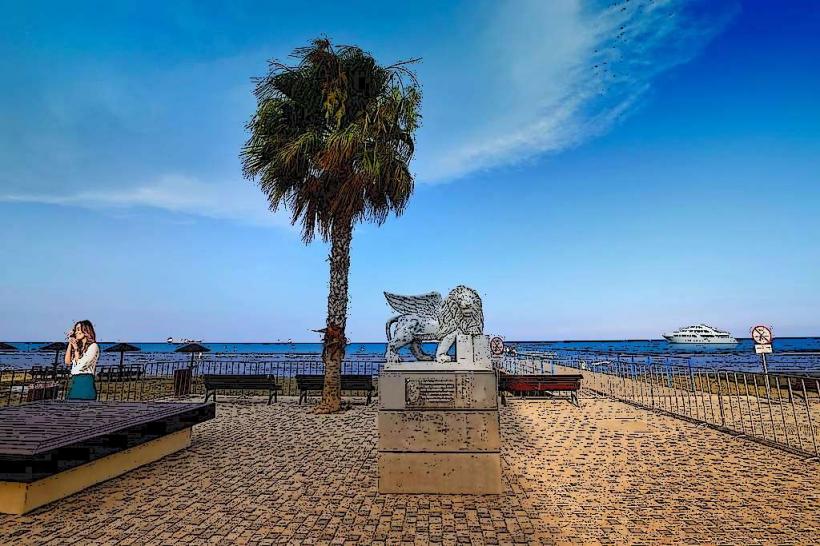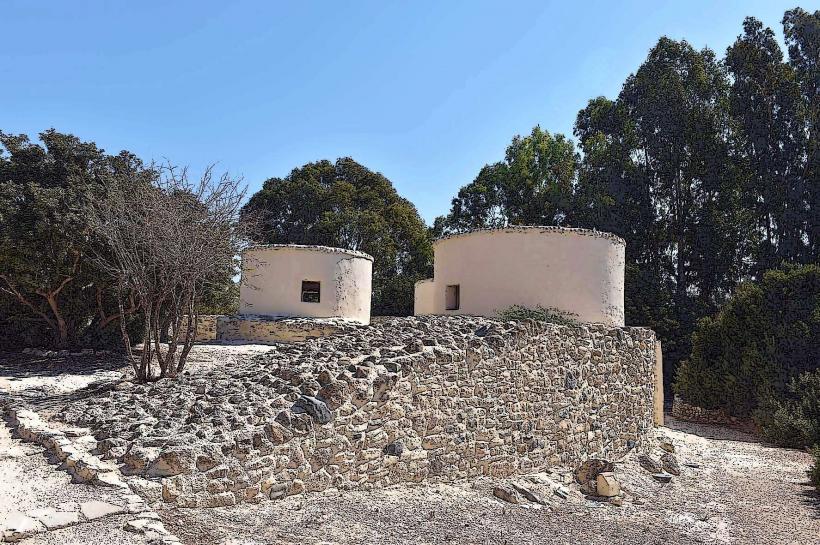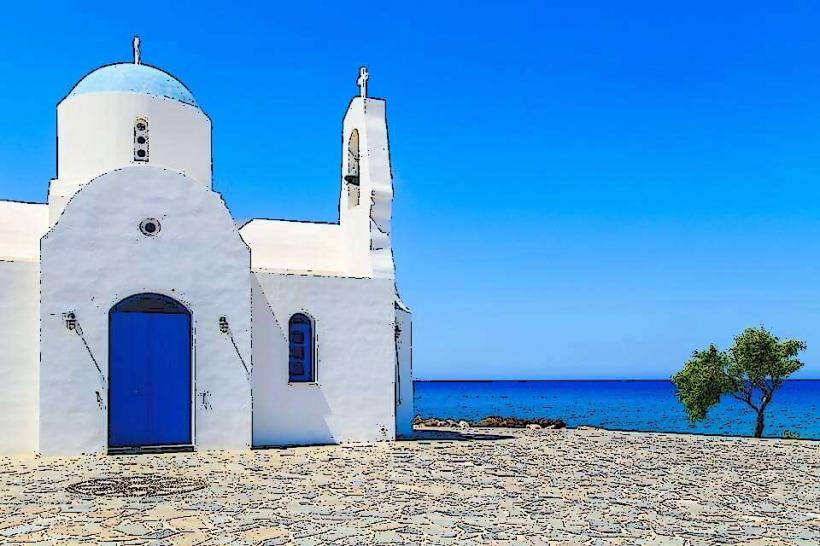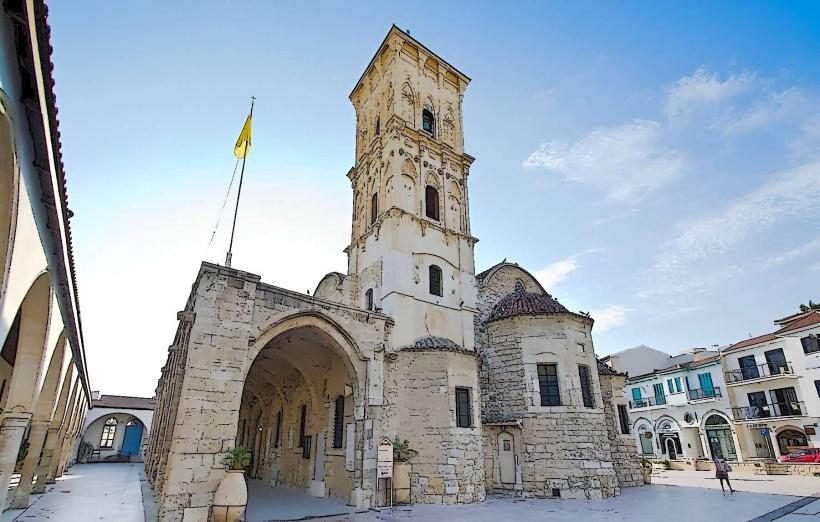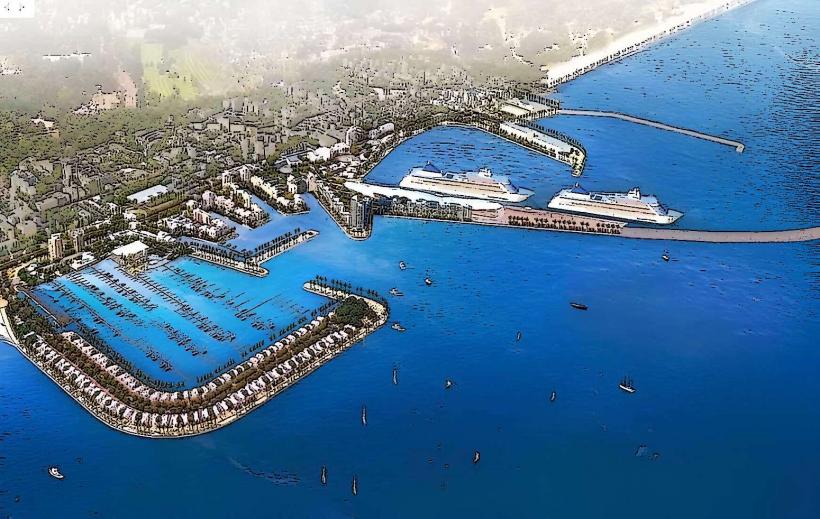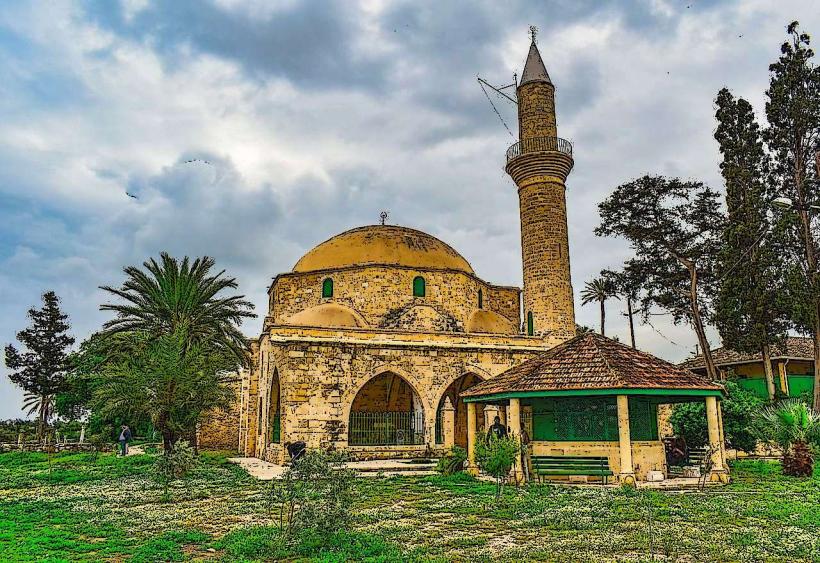Information
Landmark: Larnaca Salt LakeCity: Larnaca
Country: Cyprus
Continent: Europe
Larnaca Salt Lake is a significant natural landmark located near the city of Larnaca on the southern coast of Cyprus. This large and shallow saltwater lake is a vital ecological and historical site, offering both natural beauty and cultural importance. Here are some key details about the Larnaca Salt Lake:
1. Geographical and Environmental Features:
- Size: The lake spans around 2.2 square kilometers and is made up of four interconnected salt flats.
- Depth: The lake is generally very shallow, with a depth that rarely exceeds 1 meter (3 feet), though the depth can vary depending on rainfall.
- Salinity: The water is highly saline, particularly during the summer months, when evaporation increases the salt concentration.
- Location: It is situated just west of Larnaca International Airport and close to the Larnaca Bay. Its proximity to the city makes it easily accessible.
2. Ecology and Wildlife:
- Bird Watching: Larnaca Salt Lake is renowned for being an important stopover for migratory birds, especially flamingos. During the winter months (usually from November to March), thousands of Greater Flamingos (Phoenicopterus roseus) migrate here, making it a popular birdwatching site.
- Flora and Fauna: The lake's saline environment supports various types of salt-tolerant plants, such as samphire (a coastal plant), while the surrounding area is home to many species of birds, insects, and other animals.
- Protected Area: The lake is part of the Larnaca Salt Lake Special Protection Area, which is under the EU’s Natura 2000 program to protect rare and endangered species.
3. Historical and Cultural Significance:
- Salt Production: Historically, Larnaca Salt Lake was an important source of salt for the local population, who harvested it for trade and consumption. The salt industry was one of the island's key economic activities until the mid-20th century.
- Ancient Settlement: The area surrounding the salt lake has been inhabited for thousands of years. Archaeological findings, including pottery and tools, suggest that it was used in ancient times, potentially linked to the nearby city of Kition, one of the ancient city-kingdoms of Cyprus.
- Religious Significance: The nearby Church of St. Lazarus in Larnaca, dedicated to the biblical figure Lazarus, is an important landmark for Christian pilgrims. The lake, in its proximity to the church, also holds spiritual significance in the local culture.
4. Tourism and Accessibility:
- Visitor Facilities: A walking path around the lake offers visitors the opportunity to observe the wildlife and the stunning natural scenery. There's also an observation platform, making it an excellent location for photography.
- Seasonal Variations: The lake’s appearance changes dramatically with the seasons. During the wetter months, it may be covered with water, while in the summer, it often dries up, leaving behind large salt flats. This seasonal transformation is a notable feature of the lake.
- Nearby Attractions: Besides the salt lake itself, tourists can explore nearby attractions such as the Hala Sultan Tekke, an important mosque and shrine, and Finikoudes Beach, one of Larnaca's most popular beaches.
5. Environmental Concerns and Conservation:
- The lake has faced environmental pressures over the years due to urbanization and pollution, but efforts have been made to preserve its natural state. Conservation programs aim to protect the birdlife and salt flats while balancing the needs of the local community and tourism.
In summary, Larnaca Salt Lake is not only a crucial ecological habitat but also a site of historical significance, attracting visitors interested in nature, wildlife, and local culture. It remains a symbol of Cyprus's rich natural heritage and its important role in the region’s ecosystem.

